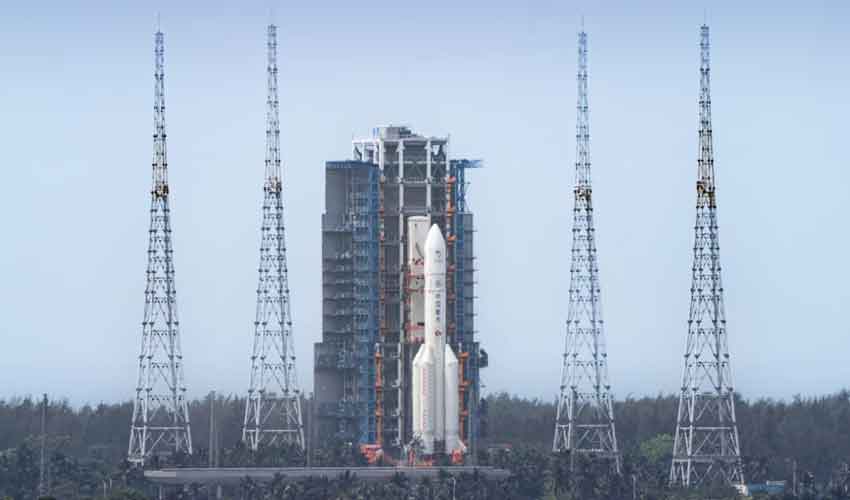Pakistan's maiden satellite, iCube Qamar, has achieved a significant milestone by successfully reaching the moon orbit, marking a historic achievement for the country's space program.
The iCube Qamar was launched into lunar orbit aboard China's Chang'e 6 shuttle on May 3.
Upon reaching its designated orbit, the iCube Qamar has begun its operations as designed, according to a spokesperson from Suparco, the organization responsible for the satellite's development. Data from all satellite subsystems are reportedly providing excellent results, indicating the successful functioning of the satellite's imaging payload as well.
The core team behind the iCube Qamar project was present at the control center in China to monitor the satellite's arrival into lunar orbit. Cortem, another key player in the mission, oversaw the process from the control center, ensuring the smooth transition of the satellite into its designated orbit.
Also Read: Achievement unlocked: Pakistan launches iCUBE Qamar, first mission to moon
Looking ahead, Suparco anticipates that the iCube Qamar will transmit its first images from the moon on May 16. Over the next seven days, the satellite's control subsystems will be thoroughly verified, further validating its operational capabilities.
The mission was launched from China's Hainan Space Site. The satellite, weighing about 7kg, has been developed by the Electrical Engineering Department of the Institute of Space Technology (IST) in Islamabad in two years.
The launch of the satellite was telecast live from the website and social media platforms of the IST. With the launch of the mission, Pakistan has become the sixth country in the world to go to the moon. The national anthem was played as iCube Qamar took off on the mission.



























